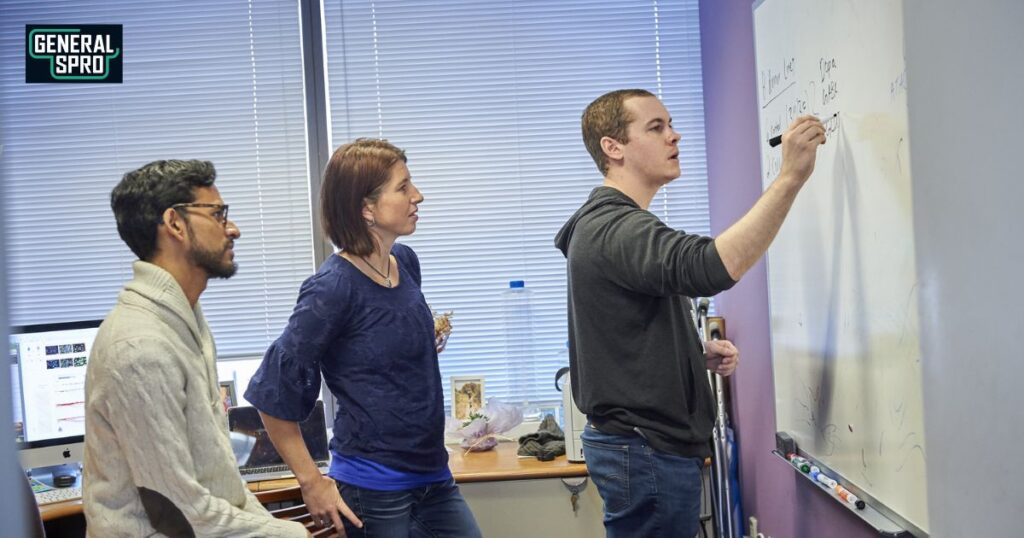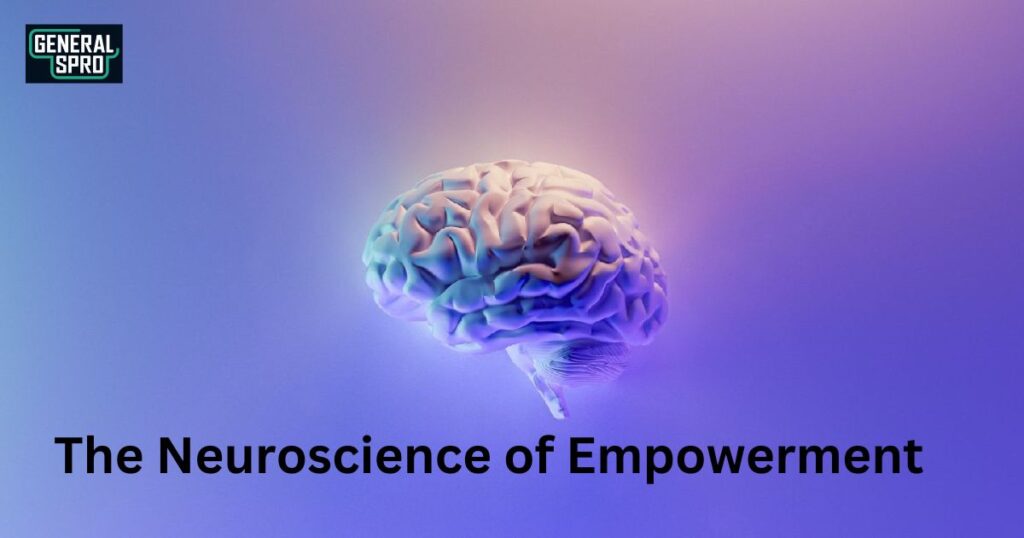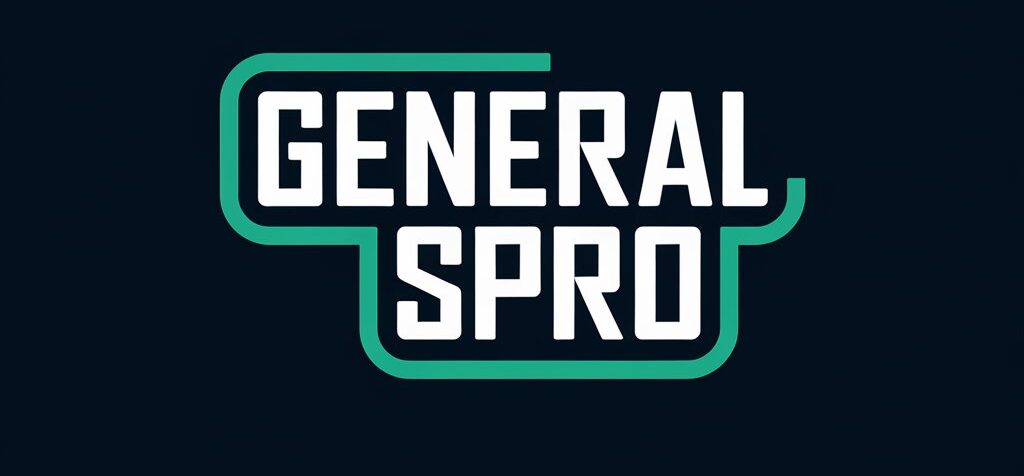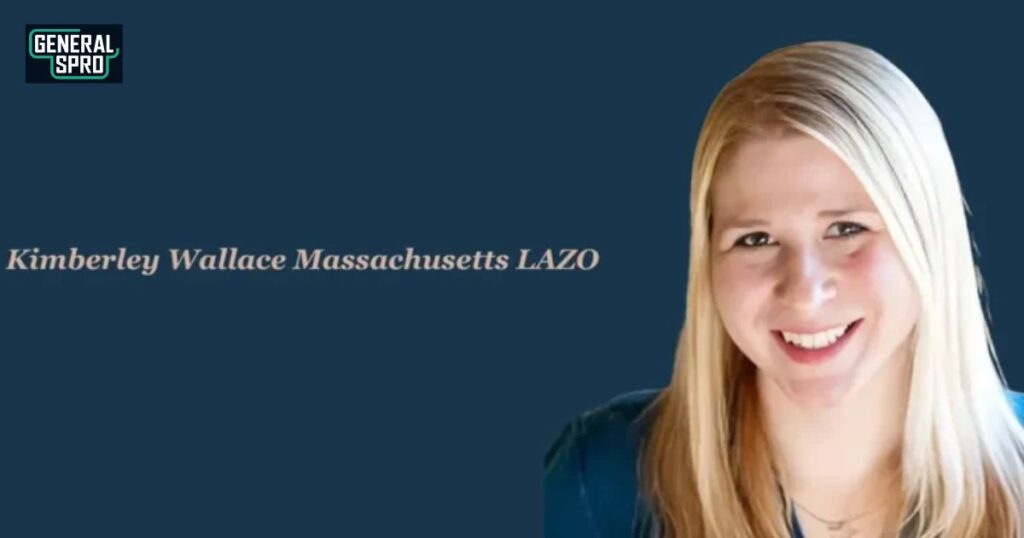In the heart of Massachusetts, a remarkable story of leadership and social transformation unfolds through the extraordinary journey of Kimberley Wallace.
Her groundbreaking organization, LAZO, stands as a powerful testament to the potential of grassroots activism and community-driven change.
Wallace’s narrative is more than just a personal success story—it’s a blueprint for meaningful social impact that resonates far beyond the borders of her home state.
Growing up in a family deeply rooted in community service, Wallace discovered early on that authentic leadership isn’t about personal accolades but lifting others.
Her roots in Massachusetts’ rich social fabric provided the fertile ground for her vision to grow, transforming countless lives through education, empowerment, and unwavering commitment to equity.
Early Life Foundations: Nurturing a Leader’s Vision

Wallace’s early childhood in Massachusetts was characterized by a profound sense of community and social responsibility. Her family’s commitment to civic engagement became the cornerstone of her future endeavors.
Unlike many leaders who emerge from privileged backgrounds, Wallace’s strength came from understanding the challenges marginalized communities face firsthand.
Key Early Life Influences:
- Strong family values of community service
- Exposure to social justice issues from a young age
- Early recognition of systemic inequalities
- Supportive educational environment
Her academic journey in social sciences and public policy wasn’t just an educational path—it was a calling. Each class, research project, and advocacy group involvement deepened her understanding of the complex social landscapes that would later become the focus of her life’s work.
The Birth of LAZO: A Visionary Approach to Community Connection
LAZO, meaning “link” in Spanish, emerged as more than just an organization—it became a lifeline for underserved communities.
Wallace recognized that Massachusetts, despite its progressive reputation, harbored significant socio-economic disparities that required innovative solutions.
Organizational Impact Snapshot:
Focus Area Key Achievements
Education Scholarship programs
Economic Empowerment Job training initiatives
Leadership Development Mentorship programs
Overcoming Challenges: The Resilience of a Change Maker
Wallace’s journey wasn’t without obstacles. Securing funding, building community trust, and creating sustainable programs required extraordinary persistence. Her grassroots approach transformed initial skepticism into widespread support, proving that genuine connection trumps bureaucratic barriers.
Strategies of Resilience:
- Direct community engagement
- Transparent communication
- Demonstrable program results
- Continuous adaptation
Leadership and Social Justice: A Holistic Vision
LAZO’s approach goes beyond traditional nonprofit models. Wallace has created a comprehensive support ecosystem by focusing on long-term solutions rather than temporary relief.
Her programs don’t just provide resources—they cultivate leadership, self-sufficiency, and community resilience.
Success Stories: Transforming Lives, One Leader at a Time
Personal narratives underscore LAZO’s impact. From students securing prestigious scholarships to individuals finding stable employment, the organization has been a catalyst for profound personal transformations.
Inspiring Success Examples:
- Full scholarship recipient overcoming academic challenges
- Job placement program graduate advancing to management
- Youth leadership initiative participants becoming community changemakers
Future Development: Expanding Horizons

Wallace’s vision extends beyond Massachusetts. Her upcoming National Leadership Summit represents a bold step towards creating a collaborative platform for addressing marginalized communities’ challenges nationwide.
Key Insights and Takeaways
- Collaborative engagement
- Systemic approach to change
- Empowerment through education
- Continuous learning and adaptation
The Roots of Resilience: Understanding Kimberley Wallace’s Early Motivation
Growing up in Massachusetts, Wallace witnessed firsthand the intricate challenges marginalized communities face.
Her childhood was a period of personal development and a crucible for understanding social dynamics. Family conversations around dinner tables, community gatherings, and local events shaped her worldview, instilling a deep sense of social responsibility that would later become the cornerstone of her life’s work.
Educational Pathways: How Knowledge Became a Catalyst for Change
Wallace’s academic journey was more than a traditional educational trajectory. Each social sciences and public policy course was a strategic building block, transforming theoretical knowledge into practical wisdom.
She didn’t just study social systems; she dissected them, understanding the nuanced mechanisms perpetuating inequality and developing innovative strategies to dismantle systemic barriers.
The Language of Empowerment: Decoding LAZO’s Organizational Philosophy
LAZO transcends the typical nonprofit model by embracing a holistic approach to community development. The organization’s name, meaning “link” in Spanish, symbolizes more than linguistic connection—it represents a bridge between potential and opportunity.
Wallace crafted an organizational philosophy that views each individual not as a recipient of aid but as a potential leader waiting to be activated.
Massachusetts: A Microcosm of Social Transformation
Massachusetts served as the perfect backdrop for Wallace’s transformative work. The state’s rich history of social movements and progressive thinking provided a fertile ground for LAZO’s innovative approaches.
From Boston’s academic corridors to rural community centers, Wallace recognized the diverse social landscapes that demanded unique, tailored interventions.
Breaking Barriers: The Intersectionality of LAZO’s Programs

Intersectionality isn’t just a theoretical concept for LAZO—it’s a practical methodology. Wallace designed programs that recognize individuals’ complex, layered experiences.
Whether addressing educational disparities, economic challenges, or leadership development, LAZO’s approach acknowledges that one-size-fits-all solutions are fundamentally ineffective.
The Economics of Empowerment: Financial Literacy as a Tool for Change
Financial education emerged as a critical component of LAZO’s strategy. Wallace understood that economic empowerment goes beyond immediate monetary support.
By providing comprehensive financial literacy programs, the organization equips individuals with the knowledge and skills to build sustainable economic futures.
Leadership Beyond Titles: Redefining Community Influence
Traditional leadership models often prioritize hierarchical structures. LAZO challenges this notion by cultivating grassroots leadership.
Wallace’s approach focuses on identifying and nurturing leadership potential in unexpected places, believing that actual change comes from within communities, not imposed from external sources.
Technology and Social Impact: LAZO’s Digital Transformation Strategy
In an increasingly digital world, LAZO has been strategic about technological integration. Wallace recognized that digital literacy and access are crucial components of modern empowerment.
The organization’s programs now include technology training, ensuring that community members are not just passive recipients but active participants in the digital ecosystem.
Mental Health and Community Resilience: A Holistic Approach
Beyond economic and educational support, LAZO has pioneered innovative mental health initiatives. Wallace understood that personal growth and community development are intrinsically linked to psychological well-being.
The organization’s programs now include mental health resources, stress management workshops, and emotional intelligence training.
Immigrant Narratives: Amplifying Unheard Voices
LAZO has been particularly impactful in supporting immigrant communities in Massachusetts.
Wallace’s programs create safe spaces for sharing experiences and provide legal resources, language support, and cultural integration assistance. Each narrative becomes a powerful testament to human resilience and potential.
The Power of Mentorship: Creating Generational Impact

Mentorship lies at the heart of LAZO’s philosophy. Wallace designed a sophisticated mentorship ecosystem that pairs experienced professionals with emerging leaders.
This isn’t just about skill transfer—it’s about creating a continuous cycle of knowledge, inspiration, and community support.
Rural Empowerment: Extending LAZO’s Reach Beyond Urban Centers
Recognizing that social challenges aren’t confined to urban landscapes, Wallace strategically expanded LAZO’s programs to rural Massachusetts.
These initiatives address unique challenges rural communities face, from limited economic opportunities to geographical isolation.
Gender Dynamics in Leadership: Challenging Traditional Narratives
LAZO has been instrumental in challenging gender stereotypes in leadership. Wallace’s programs specifically target women and non-binary individuals, providing targeted support, leadership training, and platforms for visibility and influence.
Policy Advocacy: From Community Intervention to Systemic Change
Wallace doesn’t just work within existing systems—she actively works to reshape them. LAZO has become a powerful advocacy platform, influencing local and state education, healthcare, and economic development policies.
Cultural Preservation and Modern Innovation
LAZO’s approach beautifully balances cultural preservation with modern innovation. Wallace understands empowerment doesn’t mean abandoning cultural roots but enhancing them with contemporary tools and perspectives.
The Psychological Architecture of Community Building
Beyond tangible resources, LAZO focuses on the psychological dimensions of community building. Wallace’s programs incorporate collective healing, community trust-building, and shared narrative construction.
Environmental Justice and Community Development
LAZO has integrated environmental justice components into its community development strategies, recognizing the interconnectedness of social and ecological challenges.
Global Perspectives, Local Implementation
While rooted in Massachusetts, LAZO’s model is globally relevant. Wallace has created a replicable framework that can be adapted to different cultural and socio-economic contexts.
The Neuroscience of Empowerment

Drawing from cutting-edge research, LAZO incorporates neuroscientific insights into its leadership and personal development programs.
Artistic Expression as a Tool for Social Change
Wallace recognized art’s transformative power, integrating creative expression workshops into LAZO’s holistic development approach.
Crisis Response and Community Resilience
LAZO has developed robust crisis response mechanisms, demonstrating remarkable adaptability during challenging times.
Intergenerational Dialogue and Knowledge Transfer
The organization creates platforms for meaningful intergenerational conversations, bridging historical experiences with contemporary challenges.
Economic Ecosystem Development
Beyond individual support, LAZO works to develop comprehensive economic ecosystems in marginalized communities.
Digital Equity and Access
Recognizing technology’s critical role, LAZO prioritizes digital literacy and technological access.
Trauma-Informed Community Development
Wallace integrated trauma-informed approaches into LAZO’s community development strategies.
Collaborative Governance Models
LAZO experiments with innovative, collaborative governance structures that challenge traditional organizational hierarchies.
The Future of Community Empowerment
Looking ahead, Wallace continues to reimagine what community empowerment can look like in an increasingly complex global landscape.
FAQ’s
1: What exactly is LAZO?
LAZO is a Massachusetts-based nonprofit organization founded by Kimberley Wallace that focuses on empowering underserved communities through education, leadership development, and economic opportunities.
“LAZO” means “link” in Spanish, symbolizing the organization’s mission to connect people with resources and opportunities.
2: How can I get involved with LAZO?
There are multiple ways to support LAZO:
- Volunteer for community programs
- Donate to support initiatives
- Attend fundraising events
- Spread awareness about the organization’s mission
- Participate in mentorship programs
- Offer professional skills or expertise
3: Who does LAZO primarily serve?
LAZO primarily serves marginalized communities in Massachusetts, including:
- Low-income families
- Minority groups
- Immigrant communities
- Youth from underrepresented backgrounds
- Individuals seeking economic and educational opportunities
4: What makes LAZO different from other nonprofit organizations?
LAZO stands out through its:
- A holistic approach to community development
- Long-term, sustainable solutions
- Focus on leadership cultivation
- Personalized support programs
- Innovative, collaborative strategies
- Commitment to systemic change
5: What types of programs does LAZO offer?
LAZO offers comprehensive programs, including:
- Financial literacy training
- Job skill development
- Leadership workshops
- Mentorship programs
- Educational scholarship support
- Youth leadership initiatives
- Career placement assistance
6: How is LAZO funded?
LAZO receives funding through:
- Private donations
- Corporate sponsorships
- Grant applications
- Fundraising events
- Individual contributors
- Partnership programs
- Government support initiatives
7: Can individuals from outside Massachusetts participate?
While LAZO is primarily focused on Massachusetts communities, the organization:
- Offers online resources
- Provides virtual mentorship opportunities
- Welcomes national collaborative partnerships
- Shares best practices with other community organizations
- Plans to expand its National Leadership Summit
8: How can I contact LAZO for more information?
To learn more about LAZO, you can:
- Visit their official website
- Email their support team
- Follow their social media channels
- Attend community information sessions
- Request an informational packet
- Could you schedule a consultation with their team?
Conclusion
Kimberley Wallace’s journey reminds us that authentic leadership isn’t about personal glory—it’s about creating pathways for others to succeed.
Her work in Massachusetts is a powerful model of community-driven change, inspiring us to look beyond limitations and imagine a more equitable future.








